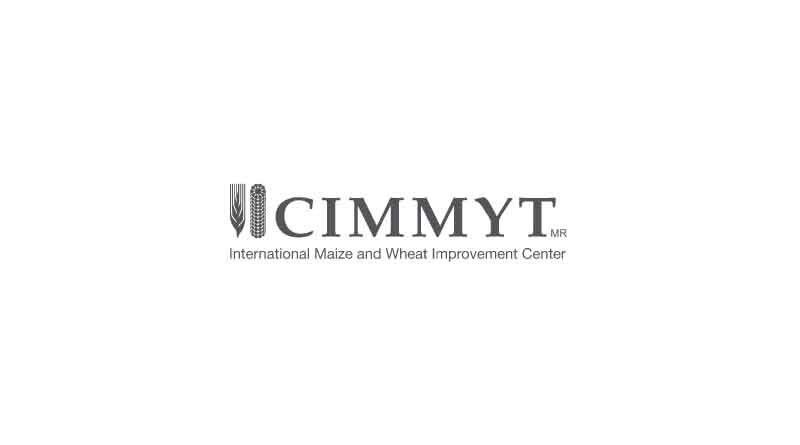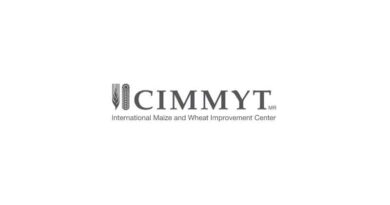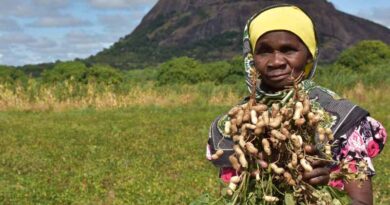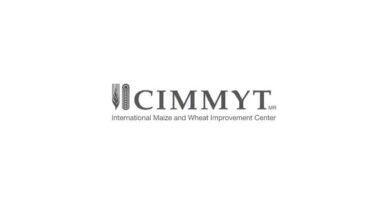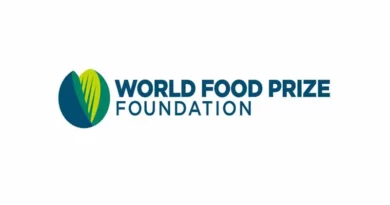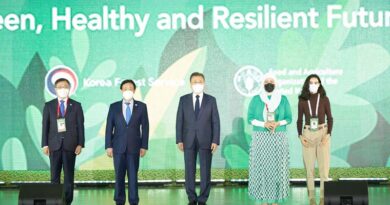World Food Day 2021: The future of food is in our hands
15 October 2021, US: As the calendar turns to October 16, the International Maize and Wheat Improvement Center (CIMMYT) celebrates World Food Day. This year’s theme is “Our actions are our future.”
Our lives depend on agri-food systems.
They cover the journey of food (for example, cereals, vegetables, fish, fruits and livestock) from farm to table — including when it is grown, harvested, processed, packaged, transported, distributed, traded, bought, prepared, eaten and disposed of. It also encompasses non-food products (for example forestry, animal rearing, use of feedstock, biomass to produce biofuels, and fibers) that constitute livelihoods, and all the people, as well as the activities, investments and choices that play a part in getting us these food and agricultural products.
Also Read: Cleanliness should be in our nature and in our culture, says Mr. Tomar
The food we choose and the way we produce, prepare, cook and store it make us an integral and active part of the way in which an agri-food system works.
A sustainable agri-food system is one in which a variety of sufficient, nutritious and safe foods is available at an affordable price to everyone, and nobody is hungry or suffers from any form of malnutrition. The shelves are stocked at the local market or food store, but less food is wasted and the food supply chain is more resilient to shocks such as extreme weather, price spikes or pandemics, all while limiting, rather than worsening, environmental degradation or climate change. In fact, sustainable agri-food systems deliver food security and nutrition for all, without compromising the economic, social and environmental bases, for generations to come. They lead to better production, better nutrition, a better environment and a better life for all.
Let’s fix the system
The contradictions could not be starker — millions of people are hungry or undernourished, while large numbers are chronically overweight due to a poor diet. Smallholder farmers produce more than one-third of the world’s food, yet are some of the worst affected by poverty, as agriculture continues to be an unpredictable sector. Agri-food systems are major contributors to climate change, which in turn threatens food production in some of the world’s poorest areas. Rampant food loss and waste, side by side with people relying on food banks or emergency food aid.
The evidence is there for all to see — there has never been a more urgent need to transform the way the world produces and consumes food.
This year, for World Food Day, we bring you four stories about CIMMYT’s work to support sustainable agri-food systems.
Better production
CGIAR centers present methodology for transforming resource-constrained, polluting and vulnerable farming into inclusive, sustainable and resilient food systems that deliver healthy and affordable diets for all within planetary boundaries.
New integrated methodology supports inclusive and resilient global food systems transformation
Better nutrition
CIMMYT scientists expect to sharply ramp up new wheat varieties enriched with zinc that can boost the essential mineral for millions of poor people with deficient diets. Newly-developed high-zinc wheat is expected to make up at least 80% of varieties distributed worldwide over the next ten years, up from about 9% currently.
New zinc-fortified wheat set for global expansion to combat malnutrition
Better environment
Understanding the relationship between climate change and plant health is key to conserving biodiversity and boosting food production today and for future generations.
Protecting plants will protect people and the planet
Better life
Assessing value chain development’s potential and limitations for strengthening the livelihoods of the rural poor, a new book draws conclusions applicable across the development field.
Taking stock of value chain development

